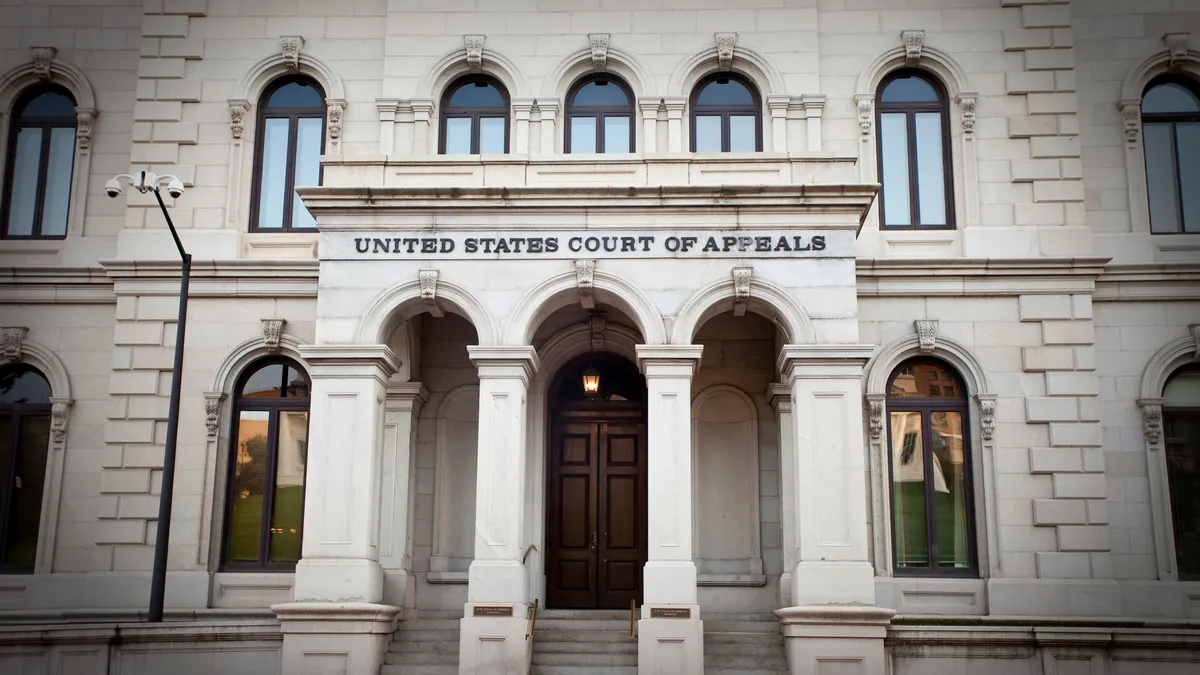Dive Brief:
- Marriott International scored a legal victory over robocall operators that were using its name to persuade consumers to purchase vacations and timeshares, the hotel company announced Friday.
- Marriott initially filed a “John Doe” lawsuit in May 2021 against “anonymous bad actors,” the company said, revising its suit in 2022 to name 10 domestic and foreign defendants. On Sept. 23 of this year, a federal court in Virginia found that two Mexico-based defendants, telemarketer Cancun Ink and timeshare resort Deep Blue Desarrollos, must pay Marriott $8 million in damages for using its trademarks in more than 66 million robocalls between 2018 and 2022.
- In its suit, Marriott claimed the robocalls were both harming consumers and the company’s reputation. Though the company said it is pleased with the Virginia decision, it’s still pursuing claims against two other, unnamed foreign defendants.
Dive Insight:
In 2020, the number of robocalls illegally claiming to be Marriott “surged dramatically,” peaking at 7 million per month, according to the hotel company. Marriott issued a statement at the time urging customers not to share any personal or credit card information with the callers.
In preparation for its suit, Marriott retained technology specialists YouMail, a company that identifies problematic numbers and robocalls, and the Industry Traceback Group, which is designated by the Federal Communications Commission as the official robocall traceback consortium.
YouMail and ITG worked with Marriott to track robocalls using Marriott’s marks, helping to identify the origins of the calls. Marriott has since issued “dozens” of subpoenas, and over the past two years, the company has obtained judgments, consent orders or settlements against all six of the U.S.-based defendants.
Marriott did not respond to a Hotel Dive request for comment about the remaining two foreign defendants, but according to a release, the company has continued to pursue claims against them.
In addition to concluding that the two Mexico-based defendants owe Marriott damages, the U.S. District Court for the Eastern District of Virginia also issued a broad injunction against the defendants and those “in active concert or participation” with them.
“While we pursued this litigation to protect our trademarks, our primary objective in the suit was to protect customers from unlawful, harassing and deceptive robocalls,” said Rena Hozore Reiss, Marriott’s executive vice president and general counsel, in a statement. “We are pleased with the outcome of the case.”
According to the YouMail Robocall Index, American consumers fielded approximately 4.5 million robocalls in September 2024 alone. Timeshare-related phone scams, in particular, are still prevalent, according to a Federal Trade Commission consumer alert earlier this year.











